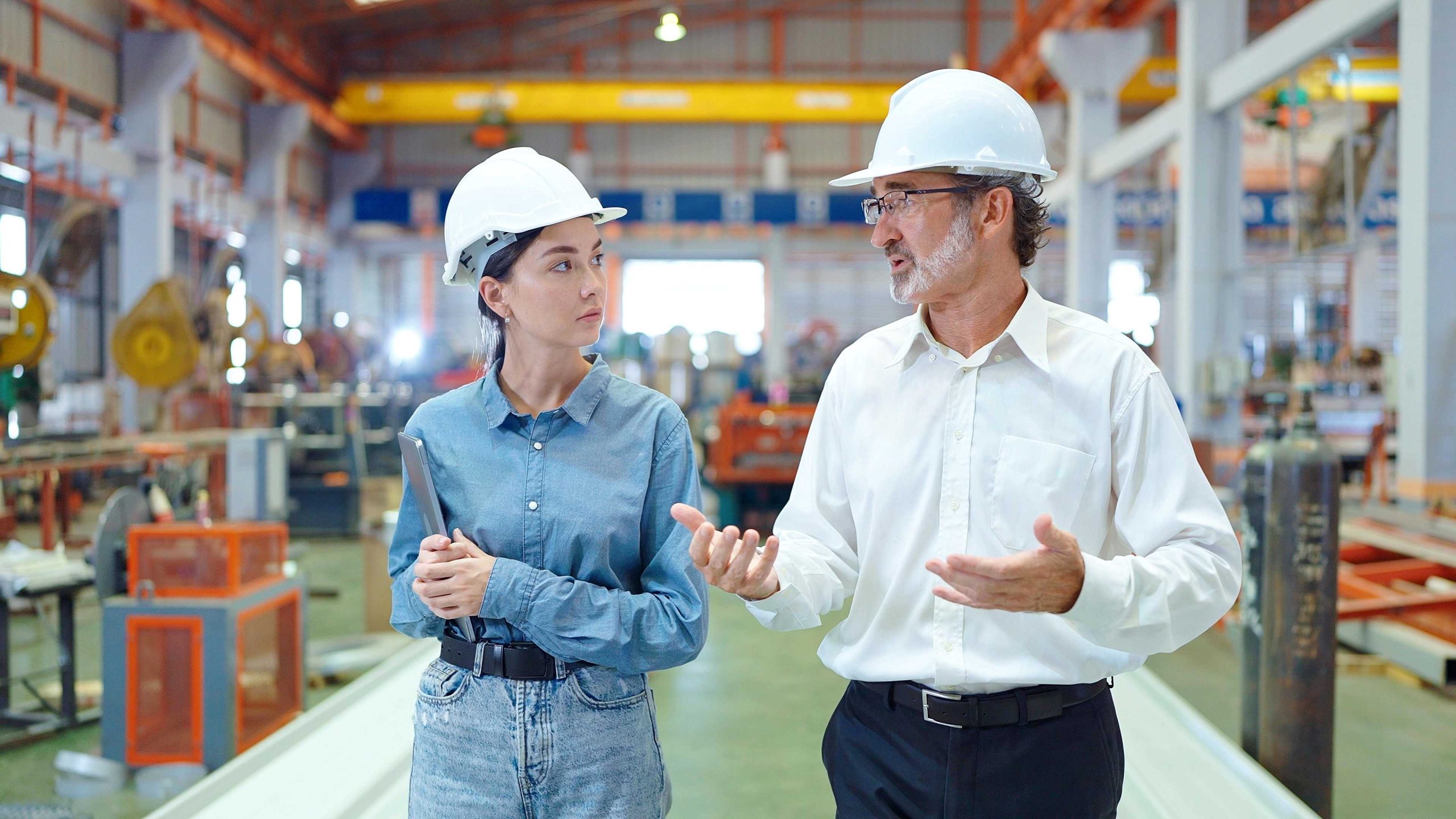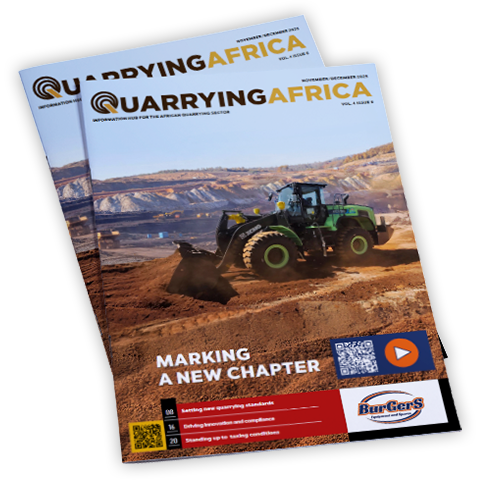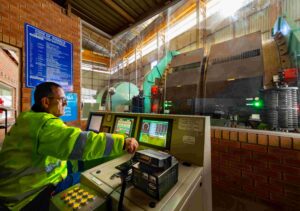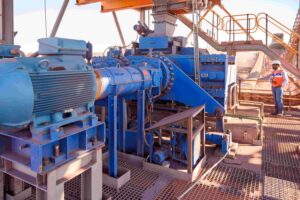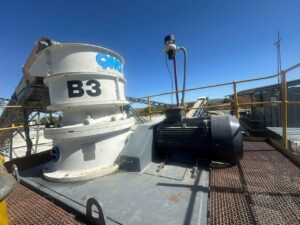When the next generation takes over the management of a company, it often brings a breath of fresh air and new ideas. But innovation also means change: old machines that tie up capital or no longer work efficiently have to go to make room for modernisation.
After many years as managing director, the question of succession arises at some point. In a family business, this is ideally someone from within the family. If this is not possible, an external search is made.
When a younger business owner takes over the business, a change often takes place. A new vision, which is also linked to innovation, will play a key role in the coming years. However, the existing capital, usually in the form of machinery and equipment, must first be analysed and evaluated.
When the younger generation takes over, there are usually changes. For years or even decades, companies have had fixed procedures in production and processes. This is not necessarily a bad thing, but a new business owner can bring a new perspective. “Young managing directors in particular then focus on modernising the machinery,” explains Jörg Erichlandwehr, Head of Acquisition at Surplex in Germany. “Modernisation then also ensures that competitiveness can be maintained or even improved.”
One option is to sell old machines or purchase new ones. But first a decision has to be made about the fate of the old machines that have been in use up to now. Because these usually tie up capital.
Older machines often have higher maintenance and servicing costs. But space considerations also speak in favour of selling one or more machines. Another less common reason is that the machine is simply no longer being used. This may be due to a change in production processes or because a replacement has already been purchased.
Erichlandwehr says: “It is actually the same as in my private life. If I want to make space in my wardrobe or finally get rid of the kitchen machine I’ve never used, I sell the items online.” Nevertheless, companies often reach their limits and don’t know which platform they can sell machines on and what prices they can charge.
“The hurdle of selling can easily be reduced. An international auction platform, for example, can ensure a fair and speedy sale,” explains Erichlandwehr. The industrial auction house Surplex is a partner that not only supports the sale, but also manages the entire process. The company has been active in the used machinery trade for 25 years and, in addition to an 18-language website, offers an all-round service from initial evaluation to transport.
Surplex recently joined forces with TBAuctions to further expand the used machinery trade. TBAuctions brings together various auction houses from all over Europe, including the Dutch Troostwijk Auctions.
Troostwijk and Surplex complement each other with their cross-industry expertise. While Surplex is particularly strong in wood, metal and plastics processing, Troostwijk brings experience in construction, agriculture, transport and logistics. “Together, we cover almost all industrial sectors and can therefore find the right buyers for all machines,” summarises Erichlandwehr.
